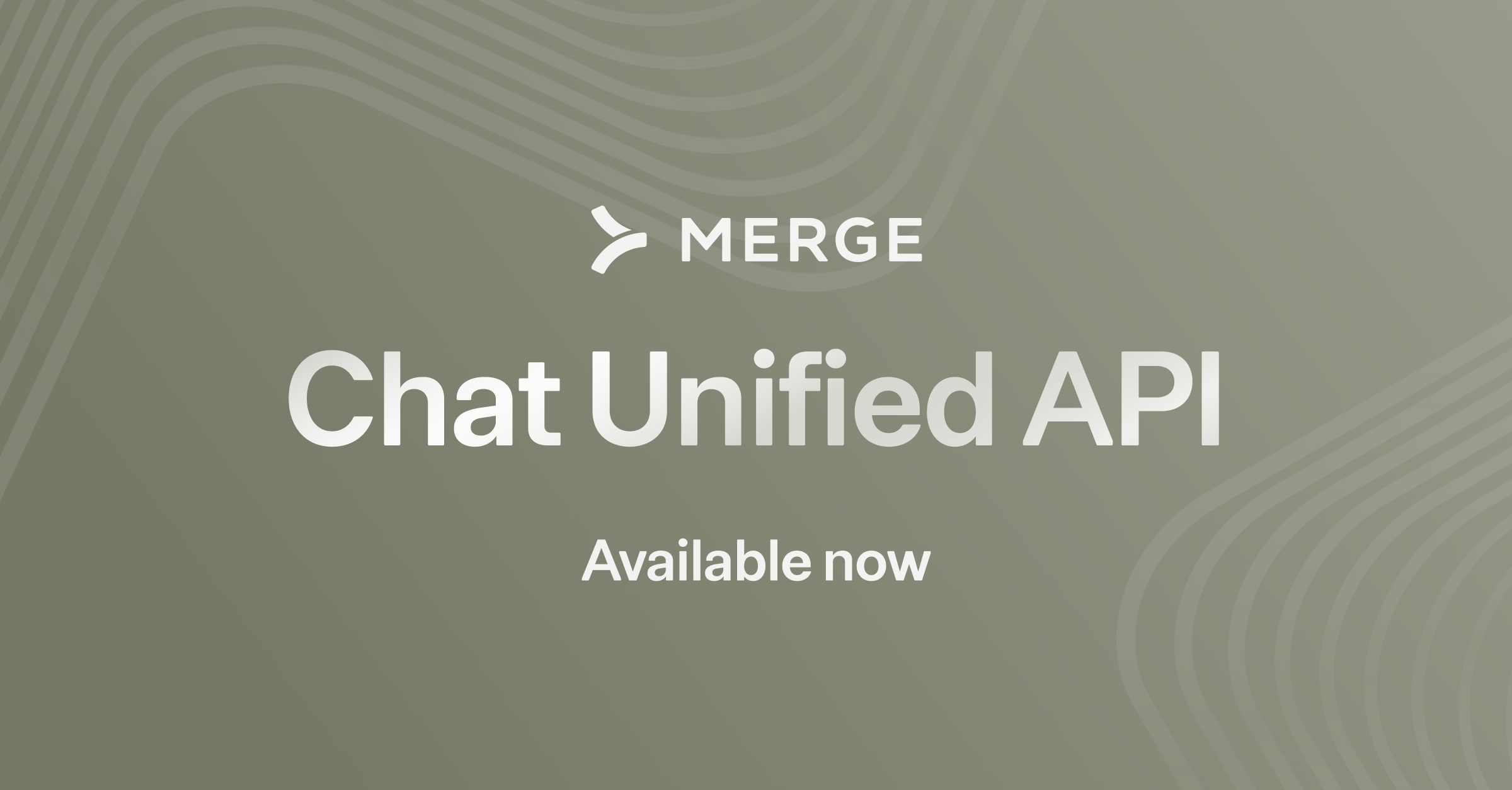Why you need a unified accounting API

Fin-everything is booming — and your product is ready to be a part of it. As 20% of all venture funding goes to Fintech, more and more companies are looking for ways to automate and centralize functions like spend management, expenses, and bi-directional data flow. But providing those services comes with a steep requirement: accounting integrations.
Regardless of whether your customers are using QuickBooks, Sage, Xero, or any other accounting provider, a unified accounting API (also known as a ‘universal api’) can provide you with more than just a set of accounting api integrations: it can help you smoothly process transactions for all your customers.
Unified Accounting APIs are quickly becoming a popular solution for products looking to expand their user base while processing large volumes of transaction data. In this article, we’ll walk you through some potential use cases for accounting APIs, and provide an overview of how unified accounting APIs provide more than just integrations.
Related: A guide to accounting APIs
Think — Why are you trying to process transaction data?
A unified accounting API fulfills a number of business needs, allowing:
- Finance automation platforms to record purchases and expenses to accounting systems like QuickBooks Online or Xero through a common Expense object.
- Spend management companies manage their customers’ finances by connecting directly to their accounting platform of choice.
- Billing platforms to take advantage of bi-directional data flow by both creating bills and presenting invoices to users.
- Analytics platforms to perform financial analysis on a customer’s accounting data directly from their source of truth.
Regardless of your customer profile, it’s important to strategize about what integrations are required to serve both your immediate customer base as well as your long-term prospects.
In other words: how can you reach as many customers as possible?
A unified accounting API can connect you to all major accounting providers in the United States, Europe, Australia, and Asia. It gives you quick access to integrations with Quickbooks, Netsuite, Xero, Sage, and more to let you explore expense, journal, and invoice data through a single API.
Merge provides a Unified Accounting API with eight major accounting providers — why not explore our accounting integrations?
How Does a Unified Accounting API Simplify Your Transaction Needs?
Using a Unified API does more than provide you with integrations to accounting providers through a single interface.
A unified accounting API provides:
- The security and stability necessary for handling large amounts of financial transactions
- Intuitive tools for maintaining integrations with multiple accounting systems
- Greater product velocity by allowing you to build integrations once and focus on your core product
- Access to customers on financial systems you wouldn’t have otherwise been able to support
- Readable API documentation that abstracts away the nuances of different platforms
Why Use Merge’s Unified Accounting API?
Merge is a Unified API that provides you with the engineering tools and defined schemas to reliably read and write common data models related to financial transactions across all major accounting platforms.
Here’s what you need to know:
- Want to record transactions quickly? Use Merge’s Post Invoices / Journal Entries feature
- How do you account for the variability required for POSTing transactions across multiple providers? Merge’s Unified Writes allow you to programmatically anticipate fields required for posting
- Want to record, reconcile, and report on all transaction information? Use Merge’s Expense Object
- How do you know about transactions in real-time? Merge features webhooks for all of our integrations
If there’s a unique field that exists only in one of your customers’ accounting platforms, Merge allows you to use Supplemental data to programmatically account for their information. This means you can see the information originally returned by a third-party platform, as well as interact with that platform directly. It’s like you built the integration yourself (just, without all the time-consuming authentication headaches).
Why Partner with Merge?
Merge is built for developers looking for a competitive edge. With Merge, you get:
- A Unified Experience — Our concise documentation, normalized data schema, and robust dashboard support your build from start to finish
- Accounting expertise — Save dozens of hours you would need to spend researching and building complex accounting systems. Our team’s already done the work for you.
- The Integrations that matter — We offer connections with Netsuite, Quickbooks Online, Clear Books, FreshBooks, Sage Accounting, Sage Intacct, Xero, and Zoho Books through a single API.
- Cross-category integrations — Over 1,500+ companies use our HR and Payroll, ATS, and Ticketing APIs, and you can too
- Control of your data — We offer single tenancy and model and field-level scopes to give you granular control over what data is processed and where your data is stored
- Unbeatable customer support — We can add new integrations for you in 2-3 weeks, and our integration and accounting experts are bicoastal and ready to help you out with whatever your problem is.
- End-to-end engineering tooling — Our detailed logs, SDKs, and built-in API tester are just some of the features that help you get up and running with Merge in no time.
Curious about how Merge can help your accounting needs even more? We’d love to talk — our Sales team is happy to determine if Merge works for your product needs.
Or, discover Merge for yourself. Start using Merge today and access all of our accounting integrations instantly.
Finally, we’re constantly improving and fine-tuning our Unified Accounting API — so if you have any questions, or think you want to see an object represented that isn’t available in our documentation – then reach out to us on Intercom. It’s more likely than not you’re the kind of person that we want to hear from.








.png)
.png)
